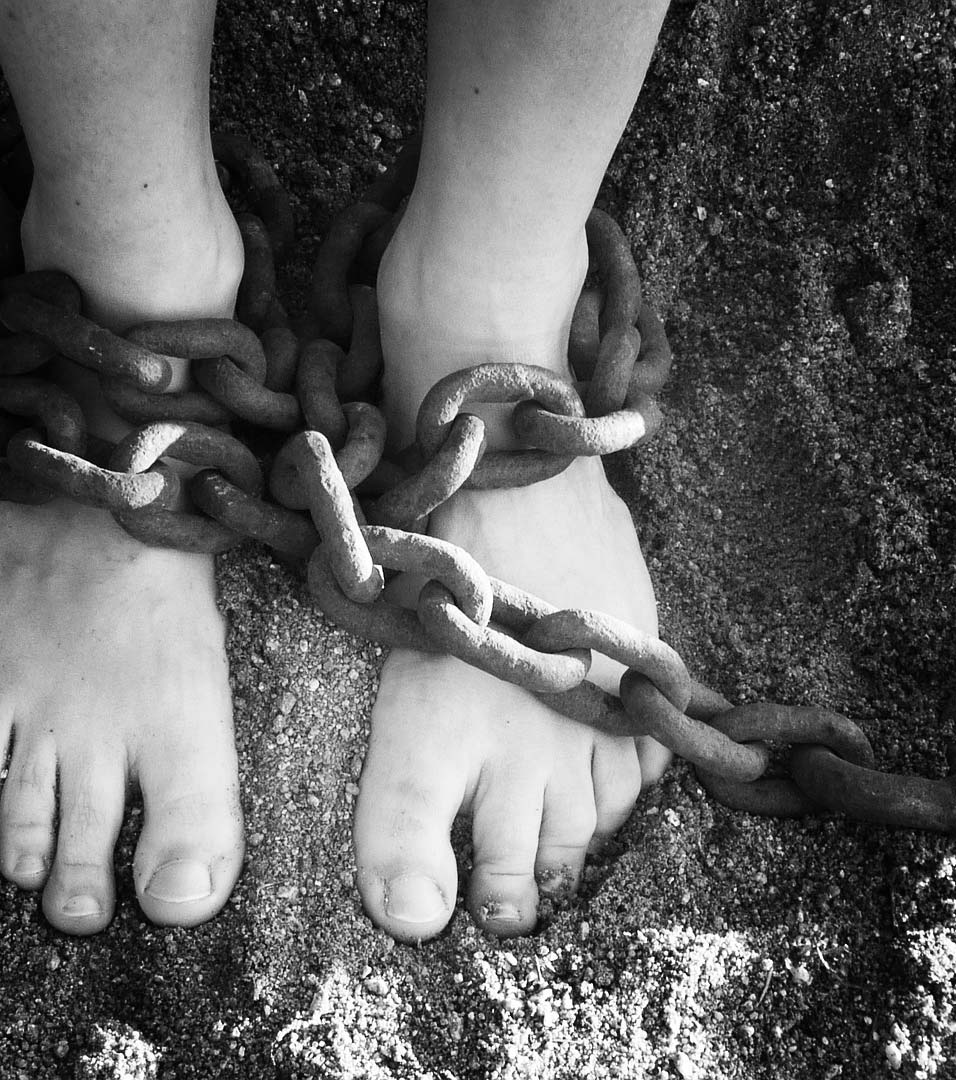 Joshua 5:9A, 10-12
Joshua 5:9A, 10-12
 2 Corinthians 5:17-21
2 Corinthians 5:17-21
 Luke 15:1-3, 11-32
Luke 15:1-3, 11-32
Let’s get to the heart of the matter. What’s wrong with the older son’s reaction to his father’s joyous celebration of the younger son’s repentance and homecoming in the prodigal son story? The short answer is: plenty. Suffice to mention one problem - the most devastating one - in this brief Sunday reflection.
The key lies in the son’s reply to his father: “Look, all these years I served you and not once did I disobey your orders; yet you never gave me even a young goat…” (Lk 15:29).
Obedience is good. But we need to obey because we see the goodness in the commands and the joy in doing them. It cannot be a mere submission to something imposed on you – something you don’t really understand, like, or even agree. How do we call the latter mindset? Yes, slavery!
All these years the older son was operating like a slave. Doing his father’s work and following his commands was the son’s way of “serving” his father. He didn’t particularly like, enjoy, or agree with the work. In fact, if he were the boss, he just might run the family in a very different way. But he did it as told out of obligation and obedience. The problem is: whenever we “pay a price”, we expect to get something in return. That’s exactly what happened to the older son, which is why he complained that his father “never gave me even a young goat”.
Why is this part of the prodigal son story important to us Christians? It’s because there are too many “older sons” in the Church; too many Christians see their faith as a slavery. Obeying God’s commands and the Church’s teachings are an “obligation”; going to Mass on Sundays and receiving the Sacraments are “chores” that cannot be avoided; works of mercy hurt but must be done somehow….Chances are, they will be in denial when asked. But the way they conduct themselves in living out their faith reveals the ethos of a slave in their hearts.
These people labor hard under the collective yoke of church obligations, and their lives are depressing. The only reason they continue to hang tough is because they believe their reward will come one day: heaven. When it doesn’t, they get angry. “It’s not fair,” they say. “It doesn’t add up,” they complain. To them when you put in so much, you are supposed to receive so much in return. How do we call this kind of mindset? We call it the marketplace mindset, the buy-and-sell mindset: you give me $100 in cash and I give you $100 of goods or services in value. But is heaven a marketplace? Is God’s grace something money can buy? Can we earn our way to heaven? The answer is loud and clear: No! This is the kind of mindset that Jesus was angry about when he cleansed the Temple and chased out the merchants and money-changers (cf. John 2:14-16).
The Exodus story is in many ways the capsule of the whole Bible. Captured in this miraculous historical account is God’s key message to man: that he will be liberated from slavery. Ironically, liberation from slavery is exactly what eludes all these “older sons” of the Church. It’s fair to say that they “work their way into slavery!” What’s the answer to their dilemma? The answer is in the younger son: repent; trust in the father’s mercy, not in your own hard work.
Reference: BXVI, Jesus of Nazareth - From the Baptism in the Jordan to the Transfiguration, pp. 202-211.
